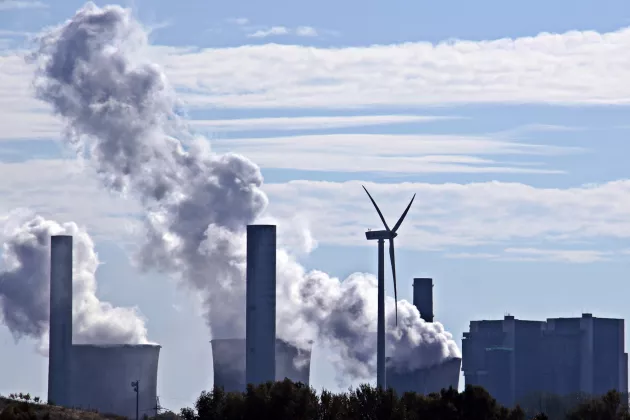A new paper by Aleh Cherp and several co-authors published in Environmental Research Letters asks what is the fastest realistic rate of global coal phase-out and what it means for the climate.
The paper signals both good and bad news. The good news are that more and more countries promise to phase out coal, including poorer economies that rely more on coal, have younger power plants and weaker democracies. We can thus realistically expect all major economies to commit to coal phase-out soon.
The bad news is that these commitments, even from the climate leaders such as Germany, are not sufficiently strong and not getting stronger over time. Many of them are also jeopardised by the Russian invasion of Ukraine. Furthermore, coal emissions in the next 30 years largely depend not on what Germany, the EU or OECD are promising to do, but on what is happening in Asia. Under our best case scenarios where China and India start phasing out coal in the next 5 years and do it as fast as the UK (and faster than Germany has promised), the world is still on track to 2°C. We demonstrate that more realistic scenarios fall within 2.5-3°C of future warming range.
We also show that the median IPCC 1.5°C scenarios are hardly realistic as far as coal phase-out is concerned since they imply that India and China phase-out coal much faster than any large country has ever done (or promised to do) so far, and also that they expect India and China to bear 6-10 times larger coal phase-out burden than Europe.
Vinichenko, V., Vetier, M., Jewell, J., Nacke, L. & Cherp, A. Phasing out coal for 2 °C target requires worldwide replication of most ambitious national plans despite security and fairness concerns. Environ Res Lett 18, 014031 (2023). DOI: 10.1088/1748-9326/acadf6





